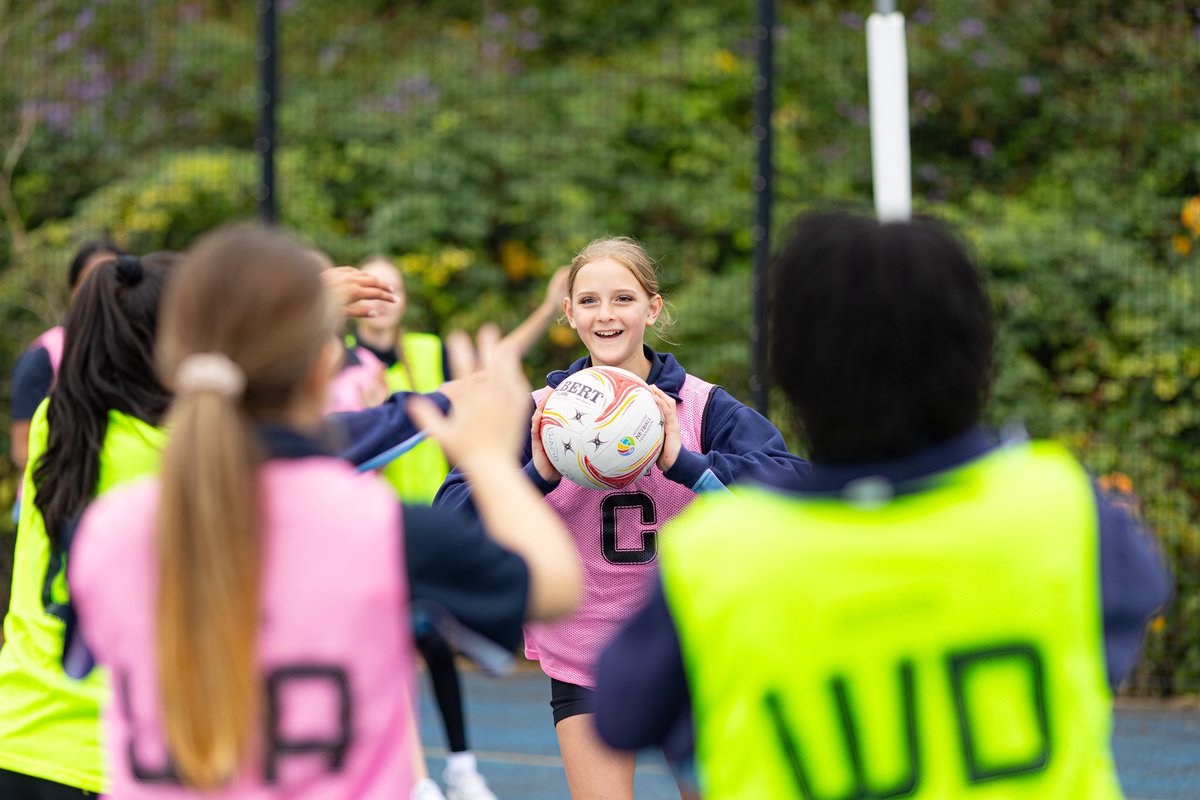Maths
Mathematics is one of the crowning achievements of modern civilization. It has enabled humankind to rise from the early farmers counting cattle to interplanetary explorers reaching for the stars.
From measuring the diameter of the Earth over 2000 years ago, through solving the longitude problem in the 18th century, to helping win World War II by cracking the Enigma Machine, mathematics has always forged the path of humanity’s progress. The question for our young mathematicians is “Where will Maths take them?”.
At HACH we nurture a sense of exploration and curiosity about Maths. Our pupils can absorb themselves in the subject – We show how Maths builds confidence in identifying patterns, builds zest in understanding geometry and algebra, and builds grit in solving challenging problems.
Our Goals
Our pupils must be confident with solving problems and reasoning about maths. The powerful knowledge our pupils learn will help them break down large problems into smaller ones, spot important patterns, and explore links between abstract concepts. Our endpoint is that our pupils are fluent in reasoning about and solving mathematical problems.
We want all our pupils to know that Maths is vital for their future ambitions. Opening doors to careers and opportunities so they fulfil their dreams. Maths is the key to this success and ensures our pupils have the power of agency over their lives. Our endpoint is that our pupils know how maths can support their ambitions and help define their future.
We learn about the enormous cultural relevance of maths. Every culture throughout history has contributed to mathematics, from the discovery of zero in Mesopotamia (current day Iraq), to Pythagoras’ theorem. Maths rich and diverse history that is a shared universal language. Our endpoint is that our pupils can communicate mathematically across language barriers and with peers from diverse cultural backgrounds.
We want our pupils to find beauty and artistic merit within mathematics. Inspiring creativity in a discipline that requires ingenuity, creativity, and attention to detail. Whether it is the inner beauty of parabolas, or the use of maths to create the stunning visuals of the Marvel Cinematic Universe, maths has a creative side that we want our pupils to discover. Our endpoint is that is that our pupils think creatively and can apply mathematics in both practical and artistic ways.
Our Learning Journey
The threads of knowledge run deep within our curriculum, weaving understanding of mathematics gradually until the entire tapestry appears. This means that we start with basic building blocks and ensure our pupils develop their knowledge in logical sequences of learning.
Key Stage 3
Key stage 3 is of vital importance to our pupils learning. Extending and deepening the National Curriculum at Key Stage 3 we enable our pupils to become proficient in many mathematical concepts.
Our Key Stage 3 curriculum is based upon the ambitious non-statutory guidance researched and developed by the National Centre for the Excellence in the Teaching of Mathematics (NCETM) in coordination with the DfE. We extend and deepen this curriculum with important choices around learning about topics such as Financial Maths, key for supporting preparing pupils for adult life.
We start early in year 7 building on KS2 knowledge by deepening knowledge of Place Value and spend much of the year embedding the fundamentals of other topics such as Fractional Thinking , Algebraic Expressions and Equations, and Geometry Concepts. We finish the year introducing the concepts of Transformation which embeds ideas of congruence and similarity.
In year 8 we extend these concepts, for instance considering sequences in a block of learning which culminates in an introduction to coordinate geometry via graphical representations of linear sequences. Our year 7 look at topics such as algebra and number are extended with units on multiplicative relationships and begin to introduce Statistics. Shape concepts from year 7 are further deepened by investigating Perimeter, Area and Volume and advanced geometrical properties.
In year 9 we look at many applications of concepts learned in year 7 and 8. For instance, Pythagoras underscores introduction to trigonometry, and the links between Expanding Binomials and Graphical Roots. In this way year 9 brings together earlier knowledge and forms links between concepts so our pupils can see how maths is used and applied to more complex scenarios.
Our Key Stage 3 is further supported by Curriculum Booklets which allow us to explore other important knowledge, such as inspirational mathematicians and careers and futures.
Key Stage 4
Key stage 4 continues the journey of learning mathematics and result in qualifications for our pupils that help secure their future. It is a two-year programme of study that enables our pupils to work on topics in depth and to GCSE examination level.
Whilst brand new topics are explored such as Circle Theorems and Vectors, it is important to recognise that these are built upon a firm foundation of mathematics learned in Key Stage 3.
In addition to GCSE Mathematics, we also offer Level 2 Certificate in Further Mathematics, a qualification that deepens algebraic knowledge and serves as an excellent preparation for those pupils who know they will go on to study A Level Mathematics
Our Key Stage 4 has slightly different schemes of work depending on GCSE Entry Higher or Foundation entry tier. The sequencing is carefully designed to assist the learning of key concepts that support the needs of the relevant tier.
In year 10 we start with the study of key Algebraic Methods that are essential for further study, including topics such as Identities and Simultaneous Equations. As we progress through the curriculum, we encounter topics such as Probability, Inequalities and Geometry to a GCSE standard, these often demonstrate the applications of mathematics and hone our pupils’ ability to solve problems.
In year 11 we explore advanced areas such as Fibonacci Sequences and Iteration and move on to topics such as Non Right Angled Trigonometry on higher tier and Area Perimeter and Volume on foundation tier. Many of these topics bring together concepts from many areas of mathematics and help our pupils learn how maths can be applied in a wide range of scenarios.
In both year 10 and year 11 we interleave key skills and knowledge originally learned in KS3 to secure learning and enable our pupils to effectively recall. This recognises that Maths is a study that relies on firm foundations for continued success.
Key Stage 5
Our Key Stage 5 curriculum covers both A Level Mathematics as well as A Level Further Mathematics. We have proudly offered A Level Further Mathematics for many years, enabling our pupils to learn about some of the most advanced mathematics available pre-university.
Our A Level Mathematics curriculum develops algebraic competence with concepts such as logarithms, deep knowledge of quadratics, and advanced functions. We also build an extensive knowledge of calculus including differentiation and integration knowledge which is crucial for further technical study at university, such as degrees in Physics or Engineering.
In addition to these “pure” aspects we extensively cover “applied” mathematics by learning about mechanics and statistics. These demonstrate to pupils how mathematics is used in professional engineering or technical settings. We prepare our pupils for potential careers in these areas by building problem solving knowledge in topics such as Projectile Motion and Hypothesis Testing.
In A Level Further Mathematics we recognise that we have some of the most able pupils studying Maths who have a deep appreciation and love for the subject. We therefore ensure that our pupils are fully challenged mathematically. We encounter topics such as Differential Equations, Complex Numbers, and Advanced Mechanics.
Study in these topics help our pupils appreciate the enormously wide vista that the study of mathematics paints. Giving opportunities for our pupils to go on and study the subject deeply at university. Our vision is that we are responsible for the creation of the next generation of professional Mathematicians and want to inspire them to go on and secure their future.
.
Documents
| Maths LTPs | Download |
























